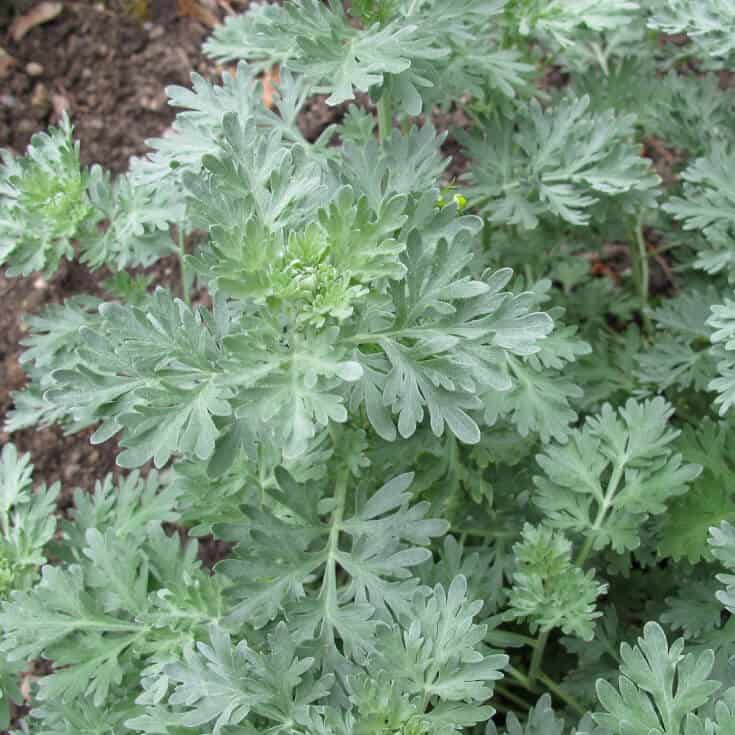While the food industry has been using various sources of technology for decades to improve the appeal and shelf life of their products, nanotechnology in food is still a concept that's in its infancy. Whether you realize it or not, you may already consume foods and drinks that use this technology, such as certain beers,…
In order to improve the texture and shelf life of granular and powdered food products, such as protein powders and seasonings, anti-caking additives are often used. One such additive is silicon dioxide, which the ability to help prevent ingredients from becoming moist and clumping together. What is silicon dioxide exactly, and is it safe? Also…
In the U.S., approximately 1 to 2 percent (or more) of the population has a peanut allergy — about 3 million people — a percentage that continues to rise. In the past two decades, the prevalence of peanut allergies has more than quadrupled, up from 0.4 percent of the U.S. population in 1997 to…
The leek is a sister plant to onion and garlic, and like those incredible nutrient-rich foods, leeks offer a whole host of health benefits. The list of what leeks can do is a long one. From preventing inflammation — the root of most diseases — to protecting the body from cancer, heart disease and everything…
Carnosine is a natural antioxidant made up of two amino acids. One of its important functions is acting as a free radical scavenger. In addition to its impressive antioxidant properties, it's also said to serve as a "physiological buffer" that plays a key role in proper enzyme and calcium regulation. Since carnosine plays such an important role…
Biotin deficiency is rare in developed countries where most people are able to consume enough calories and a variety of different food groups, yet it's still possible. Some infants are born with biotin deficiency due to having an inherited enzyme deficiency, and adults can also develop deficiency later in life due to illnesses or medication…
The following is an adapted excerpt from Beat Autoimmune, The 6 Keys to Reverse Your Condition and Reclaim Your Health, by Palmer Kippola with foreword by Mark Hyman, MD (Kensington Books). Palmer is a Functional Medicine Certified Health Coach who reversed her MS by removing her inflammatory root causes and healing her gut. She has…
As a staple of Indian, Turkish and Middle Eastern cuisines for centuries, bulgur wheat tends to be most well-known around the world as the main ingredient used in tabbouleh. There are load of other ways to use this fast-cooking, versatile grain too: in soups, over salads and in whole grain bread, for example. Compared to refined carbohydrate foods…
Glutamate is the most abundant amino acid available in the human diet and also the most concentrated amino acid in the brain. It's similar to the other 19 amino acids because it's used to make proteins, facilitate metabolic functions and for energy production. But what makes the glutamate amino acid unique is that it's considered…
Considered to be one of the most ancient and versatile medicinal herbs known to mankind, dried chamomile flowers have numerous, widespread health implications thanks to their high levels of disease-fighting antioxidants like terpenoids and flavonoids. Chamomile’s vital antioxidants are found in the plant’s potent oils and are the main contributors to its natural healing properties.…









